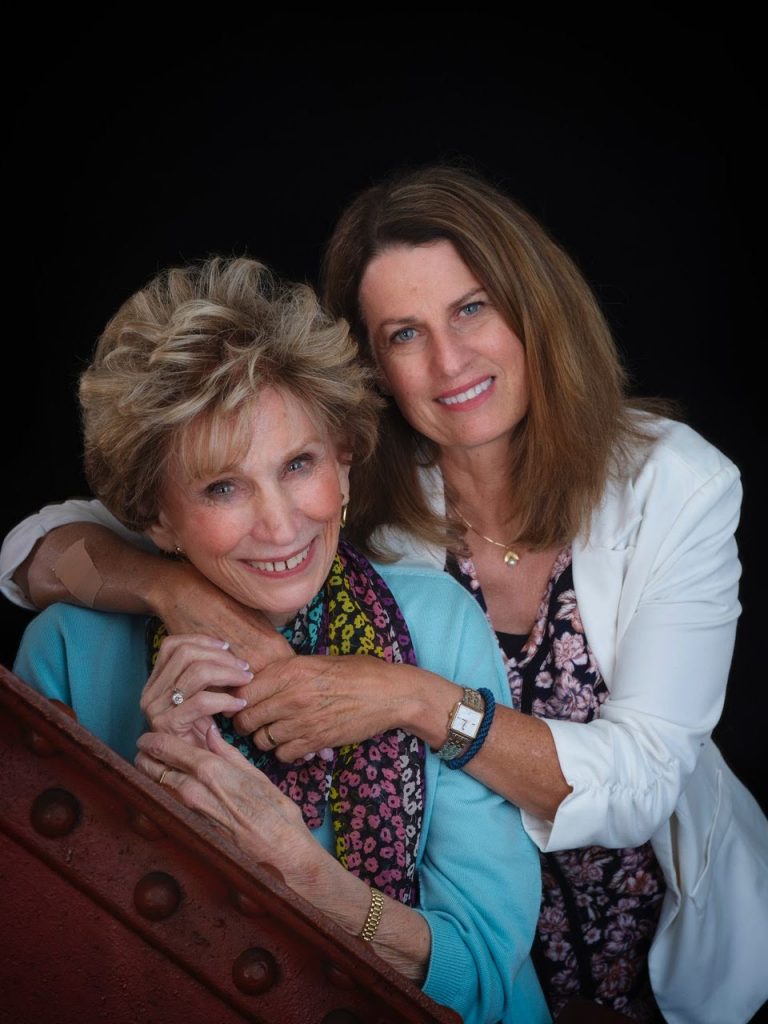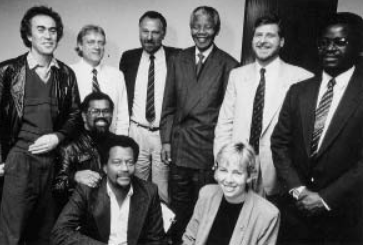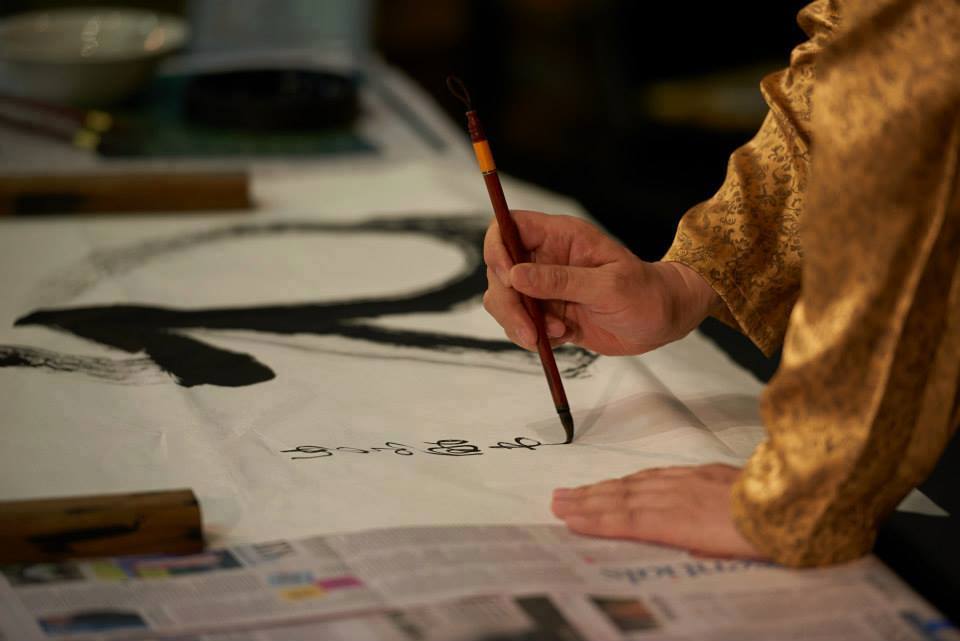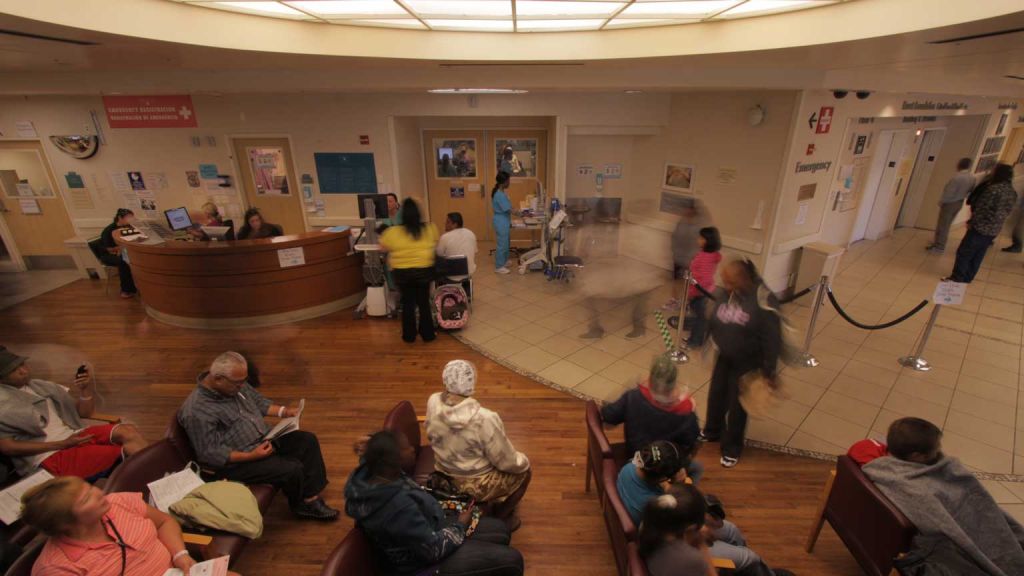Leading In Unknown Terrain
Many second-generation Holocaust survivors grow up learning that adversity can contain opportunity. This was certainly the case in my family.

My mother, Dr. Edith Eva Eger, survived the atrocities of war and the Auschwitz death camp to become a world-renowned psychologist and author, turning her own trauma into liberation and success. Dr. Eger travels the world preaching her message of love and forgiveness, describing how she turned her worst moments into something positive. In her bestselling book, The Choice: Embrace the Possible she tells us “we have the capacity to hate and the capacity to love. Which one we reach for is up to us.”
In early March, our world entered a period of uncertainty as the spread of COVID-19 pushed us into our homes. The shelter-in-place orders will be lifted, and our lives will resume. But the effects of social distancing and isolation will remain. The question is, how will we move forward?
“This crisis is a transition,” my mother says. “It’s a rebirth that will make us stronger and better.”
Jakob van Wielink and I have spent our careers in leadership development. We have worked with company leaders to streamline productivity while helping their employees find meaning and purpose in their work. Over the years, we have observed and assisted through challenging and high-stakes situations, but no one has experienced a situation of this magnitude. The leaders we’ve worked with during this pandemic have noted rapid changes in day-to-day business and how anxiety has creeped into the minds of employees and employers.
We share the view that while adversity creates disturbances and deep emotions, it also offers opportunities for individual and organizational growth and change. Deep emotions are understandable in our current climate, but they present danger to productivity and mental health if we remain trapped by them. This is a moment for leaders to emerge and offer hope and inspiration.
Speaking with my mother made us curious about how leaders across the globe are dealing with this crisis and how they find ways to instill confidence and optimism for the future in others. As the gates are re-opening, how do we prepare ourselves and the people around us for what lies ahead?
“Don’t tell people what to do, show them,” Dr. Eger told us. “They won’t follow what you tell them to do. Rather, they will follow what you do. Instead of asking why me, ask what now?”
Vivien McMenamin | ‘A Golden Thread’

Before Vivien McMenamin became the Chief Executive Office of Mondi South Africa — a world leader in packaging and paper — she survived an uncertain time in her country on the front lines. For nearly a decade in the 1980s, McMenamin, who was in her 20s, stayed underground as the apartheid government pursued her, looking to defeat her message of an inclusive South Africa and a freed Nelson Mandela. She was arrested and beaten with no certainty that her fight would get the desired results.
She and her country won that fight, and she was able to work side-by-side with Mandela as a member of his economic task force.
“At the essence of crisis are the principles of self-leadership,” McMenamin said. “What anchored me in that situation was the deep values I had around courage. And I wonder now, as you face this crisis, what values are anchoring you?”
In her 30s, McMenamin was diagnosed with breast cancer and doctors gave her a 50% chance of surviving past the six-month mark. Her daughter, Julia, was 8 years old at the time of her diagnosis. McMenamin asked for the most aggressive treatment so she could fight for her future and a chance to watch her daughter grow up.
It’s another fight she won.
“All these (experiences) gave me a sense that I can manage no matter how difficult, even if I have no clue what’s on the other side, I can keep my core identity together.”
After cancer, McMenamin had yet to face a tremendous loss. In June of 2015, Julia died in a car accident at age 21.
“I’ve been thinking of her a lot during this time,” McMenamin said. “I am having a lot of dialogues with her right now. In my mind I am asking her how she feels about the situation. She was quite rebellious, and next to our having a good time together, she would have definitely been fed up with staying inside for so long.”
Through her grief and the moments of triumph in her life, McMenamin said she has grown stronger and more direct. But it took practice to find steadiness through chaos, a skill that has made her the leader she is today.
“If I’ve carried a golden thread, it would be that the harder the circumstance, the simpler the message needs to be and the simpler the method needs to be,” she said. “I’m involved in the practice of resilience. I know the steps to take when faced with very difficult circumstances. I’ve taken those steps before, and I anchor myself back to those steps each time. This helps me now in leading Mondi through these rough times.”
George Kohlrieser | ‘We need a tribe to heal’
George Kohlrieser, a distinguished professor of leadership and organizational behavior at IMD business school – located in Lausanne, Switzerland and Singapore – agreed “emotions need to be expressed.”
“There needs to be gentle exploring into what people are feeling and experiencing,” he said. “There needs to be that connection in times of uncertainty.”
According to Kohlrieser, a leader must be courageous and strong in acknowledging the current threat. Being emotionally available and vulnerable builds trust and inspires those around you.
“Building trust is essential in times of threat, anxiety and uncertainty,” he said. “The leader must be emotionally available to hear the losses, the pain and the frustrations of the team members and those they are working with. We need a tribe to heal.”
Geert van den Enden | ‘I cannot do this without you’
Geert van den Enden has been forced to adapt as a leader over the past month while his Netherlands hospital — at the epicenter of the Dutch outbreak — was being stretched to its limits by the surge of COVID-19 patients.
Van den Enden is the CEO of the midsized Bernhoven Hospital, which found its ICU pushed to the limit with almost triple its normal capacity. He put the crisis on his back and he and his middle management team pushed each other to find solutions for the tidal wave of COVID-19 patients about to present themselves to the hospital. But his normal leadership attitude was not what the situation required.
“I am naturally stable and calm,” he said. “But I discovered that some interpret it as not caring, and people needed a moment to deal with how they were feeling.”
In a particularly heated argument during a staff meeting, an employee told Van den Enden that they did not believe he was truly affected by the current crisis.
Van den Enden, who was shocked by the reaction, stopped the meeting. He expressed his fear and doubt to his staff and spoke about how he had been struggling to sleep because of the spread of COVID-19. He then allowed his staff to express their own anxieties. “The trust issues were immediately resolved,” he said. “We all wanted the same things and offered different perspectives. It united us, and I was able to let go of control. I gave them freedom to do what they know how to do.”
Van den Enden later reached out to one of his directors and asked him to be his right-hand man through the crisis.
“I told him that I cannot do this without you,” Van den Enden said. “He teared up and said, ‘You need me?’ I realized — and teared up as well — what that meant to the both of us to say that.”
Boyd Blanchard | ‘Appreciating Your Imperfections’
Values, reputation and legacy have always meant everything to Boyd Blanchard, a 30-year-old Vice President at his family’s Blanchard Machinery Company that sells and rents Caterpillar heavy construction, power generation and mining equipment in Columbia, SC. Blanchard is part of a youth contingent that has been pushed to the front lines of leadership over the last two months.
“I want to continue to build upon the reputation that my great grandfather started,” he said. “Reputation is big for us. This is the time to show what we are made of, when our core values come to life. We want our customers and partners to be proud to do business with us.”
Blanchard said he has had to adjust the way he interacts with employees during this time of crises. It has been a company priority to take care of our people, Blanchard said, and that in turn has increased collaboration and improved our customer focus.
“I see young leaders that find themselves with a gap between their experience and responsibilities, tend to put emphasis on confidence to feel more comfortable,” he said. “But during this crisis, I have found that focusing on my vulnerability and empathy has made the biggest impact, as it has connected me to my team on a deeper level.”
His youthful optimism has also kept him steady during this time of change. He believes, although we’re separated, there has been a new wave of connection that will lead us into the next phase of business. This time-out has also given him a chance to reflect on himself and how to be a future leader.
“I’m learning that the keys to being successful is understanding yourself and appreciating your imperfections,” Blanchard said. “I wasn’t comfortable enjoying my successes. Now it’s a true passion to learn about myself and others to adapt to be the best leader I can be for the future of this company.”
Follow the call
The thread running through all our conversations with these leaders is recognizing this crisis as a transition, or even a rebirth as Dr. Eger would call it.
Many are questioning their true calling during this “time-out,” as they experience that being overly attached to roles and activities does not lead to true joy. To use an analogy posed by David Brooks, an op-ed columnist for the New York Times and author of the bestselling book, The Second Mountain: The Quest for a Moral Life, we may be on a quest to our second mountain: The mountain of fulfillment, service, moral integrity and indeed, that joy we seek.
This time creates an opportunity to learn about ourselves and how we look at and connect to the people we live and work with. It’s an opportunity to ask, who are we? Who do we want to be? How do we want to be remembered? Parents can ask themselves about their involvement with their children, spouses about their engagement with each other and employees about the meaningfulness of their work and how they carry out their tasks.
How would you like those around you to look back on how you led them through the crisis?
David Thompson also contributed to this article.







